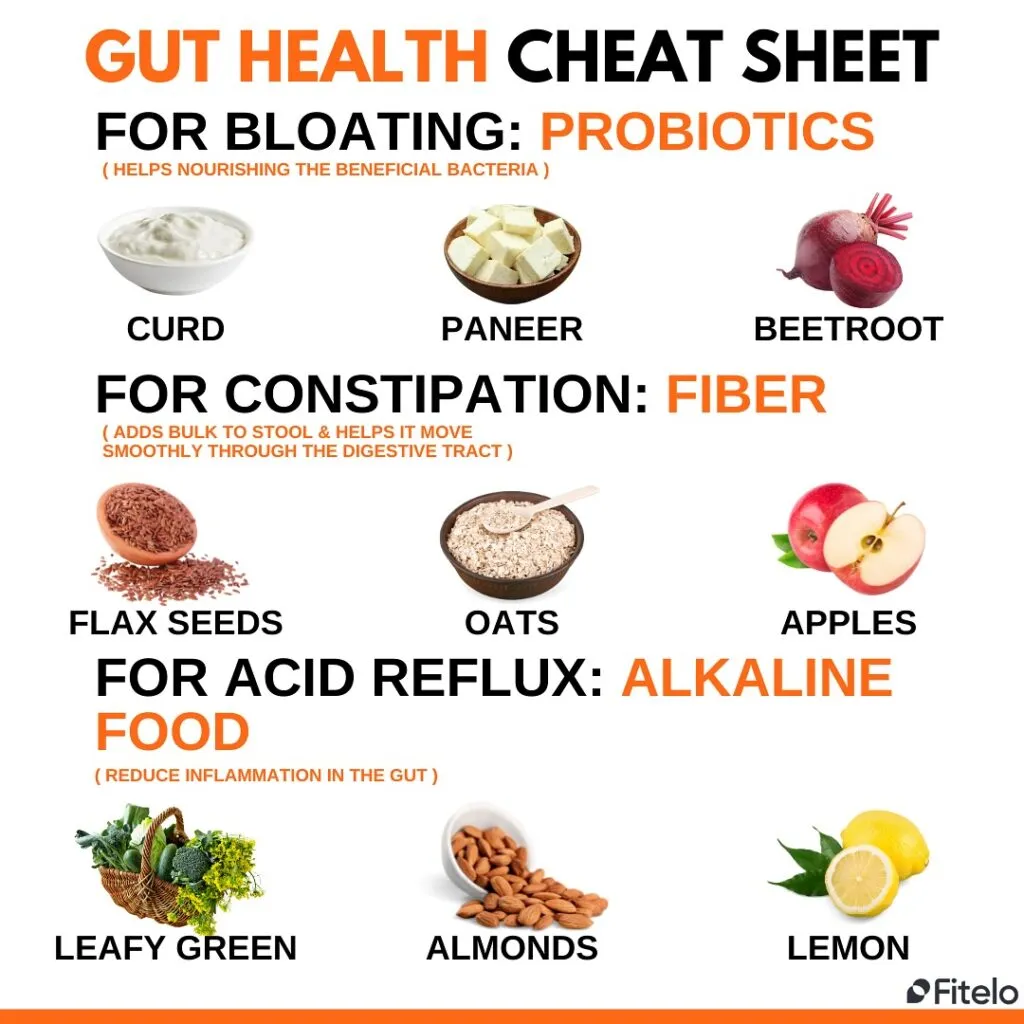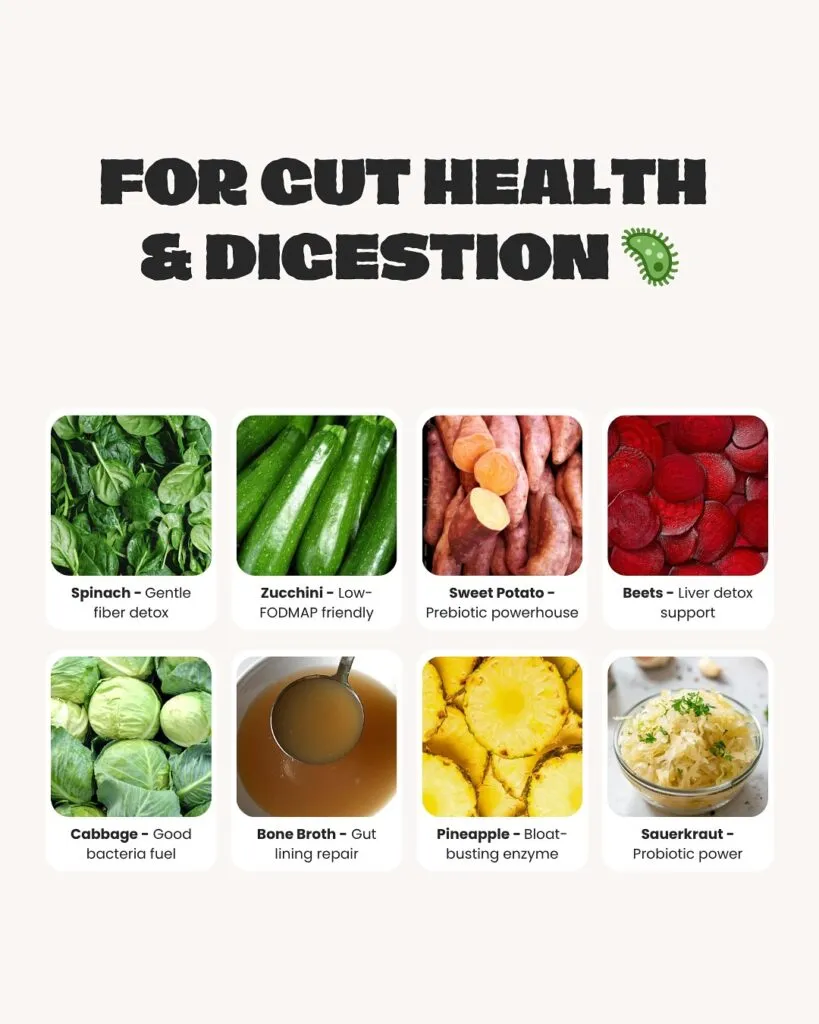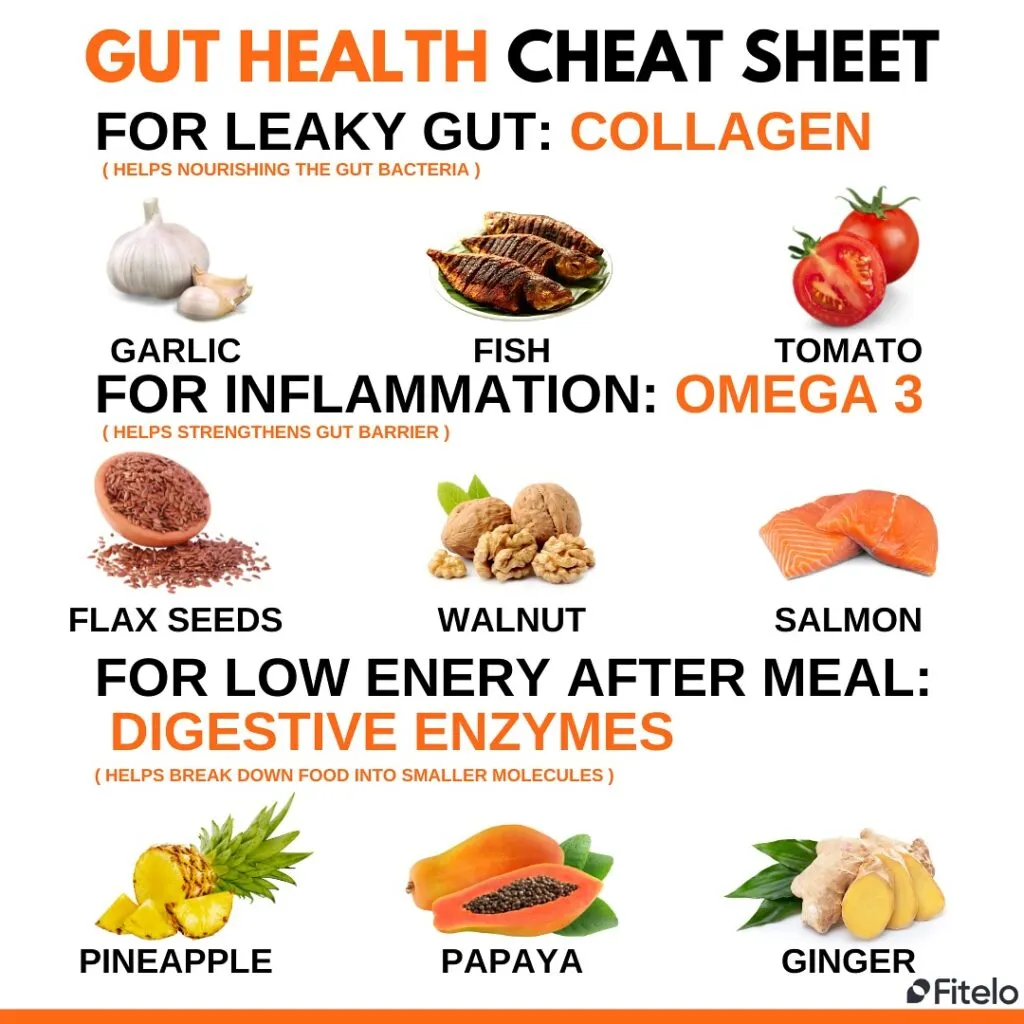Gut Health Diet – What to Eat for a Healthy Gut
A gut health diet is obviously about eating to support a healthy digestive system and a balanced gut microbiome. It consists of minimally processed, high-fiber foods like fruits, vegetables, legumes, seeds, nuts, and whole grains that feed healthy species of bacteria in the gut. Natural sources of probiotics include things such as yogurt, kefir, kimchi, sauerkraut, and miso that promote a range of different types of bugs in the gut because microbes like variety. A gut health diet restricts highly processed foods, refined sugars, and unnatural additives that can upset the equilibrium of gut germs.

The plan also incorporates healthy fats from sources such as olive oil, avocados, and fatty fish that provide anti-inflammatory properties and help to maintain the integrity of the gut lining. Staying hydrated and drinking herbal teas, such as ginger or light peppermint teas, is also helpful for digestion. Hemp seeds, other nuts, chia seeds, and flax seeds are other examples of food sources that are often featured in the gut health diet because they are also foods that contain polyphenols, such as berries, green tea, and dark chocolate (polyphenols stimulate the growth of good bacteria). A gut health diet is a systematic and disciplined continuation of styling your meals in a way that positively influences overall health, leading to better immunity, less inflammation, better digestion, and higher energy levels.
Best Diet for Gut Health
Consume a Wide Range of Plant-Based Foods
- Eating a greater variety of vegetables, fruits, legumes, and whole grains provides different forms of fibers and nutrients, which promote different gut bacteria and thus help to a more diverse and healthy gut microbiome.
Include Fermented Foods Regularly
- Fermented foods like yogurt, kefir, sauerkraut, kimchi, miso, and kombucha introduce live microbes that promote digestion and keep the natural balance of gut flora.
Eat Real Foods Instead Of Processed Ones
- Whole grains, such as oats, brown rice, barley, and quinoa.
- They provide prebiotic fibers (nutrients for the gut bacteria), which improve gut function and reduce inflammation.
Increase Fiber Intake Gradually
- Consuming soluble and insoluble fiber in foods like beans, nuts, seeds, fruits, and vegetables promotes bowel regularity and the growth of good bacteria.
Stay away from Artificial Sweeteners and highly processed foods.
- Both artificial sweeteners, such as aspartame and sucralose, and ultra-processed foods can hurt gut microbiota and lead to bloating, digestive disturbances, and metabolomic dysregulation.
Ensure you are drinking enough water during the day
- Adequate fluid in the digestive tract helps keep things moving, and fiber helps sweep through the intestines to maintain regularity.
Eat Foods Rich in Polyphenols
- Polyphenols such as those from berries, green tea, olive oil, dark chocolate, and red wine can enhance the growth of beneficial gut bacteria and mitigate gut oxidative stress and inflammation.
Increase Your Intake of Omega-3 Fatty Acids
- Fatty fish (salmon, sardines, and mackerel) are rich in omega-3 fatty acids, which are known for their anti-inflammatory properties and may help support the gut microbiota composition.
Limit Excessive Alcohol Intake
- Avoid excessive alcohol: High alcohol consumption can alter the gut microbiome and damage the gut lining.
Overusing antibiotics and unneeded medicines
- Antibiotics can save your life, but too much unnecessary use can kill both the bad and good guys, so it is important to be on a doctor-supervised regimen and then replenish your gut with probiotics when needed.

Weight Loss Gut Health Diet
Focus on High-Fiber Foods
- Fiber is known for satiating your hunger, controlling appetite, and thriving beneficial gut bacterias. Oat, lentils, beans, broccoli, berries, and flaxseed.
Include Fermented Foods Daily
- Include probiotic-rich foods like Greek yogurt, kefir, sauerkraut, kimchi, and miso to aid digestion and lessen bloating.
Choose Lean Proteins
- Include sources of lean meats (chicken, turkey), fish (salmon, tuna), eggs, tofu, and legumes, which helps to allow satiety, maintain muscle, and also indirectly feed the gut bacteria via amino acids.
Eliminate Ultra-Processed Foods
- Stay away from refined sugars, white bread, fried foods, and sugary drinks that upset gut homeostasis and lead to weight gain.
Opt for Anti-Inflammatory Fats
- Healthy fats that help with gut lining and hormone balance include olive oil, avocado, chia seeds, walnuts, and fatty fish.
Drink herbal teas & water
- Consume a minimum of 8 glasses of water every day. Herbal teas such as ginger, peppermint, or green tea help with the digestive system and support the metabolism.
Intermittent Fasting (Optional)
- Time-restricted eating (such as between 10 a.m. and 6 p.m.) will enable the gut to take a break, boost the insulin response, and increase fat burning.
| Meal | Foods |
| Breakfast |
Overnight oats with chia seeds, blueberries, and a spoon of Greek yogurt
|
| Snack | A small apple with almond butter |
| Lunch |
Grilled chicken salad with mixed greens, sauerkraut, olive oil dressing
|
| Snack | A boiled egg + green tea |
| Dinner | Baked salmon with steamed broccoli and quinoa |
| Optional | Kombucha (sugar-free) or herbal tea post-dinner |

Potato Diet for Gut Health
- Cold Cooked Potato (high in Resistant Starch): If you cook and cool your potatoes (as in a potato salad), the starch becomes “resistant,” so it resists digestion in the small intestine and heads for the colon, where it feeds bacteria like Bifidobacteria, which is good.
- Supports Gut Microbiome Diversity: In addition, the fermentation of resistant starch in the colon results in short-chain fatty acids (SCFAs), such as butyrate, which act by decreasing gut inflammation and promoting intestinal barrier function.
- Gentle on Digestion: That’s why when potatoes are boiled or steamed, we more easily digest them, and there are not many allergens, so they are good for sensitive guts.
- Helps with Regularity: Potatoes (especially with the skin) are an excellent source of fiber that helps you control your bowel movements, preventing constipation.
- Can Aid in Weight Loss: The Potato is satiating but low calorie when not fried or smothered in toppings, which makes it easier to control appetite while feeding your gut.
Q: What is Gut Health Diet
A: Gut health diet emphasizes eating foods that promote a healthy composition of gut bacteria (microbiome), minimize inflammation, and promote digestion. This diet includes:
- Fruits, vegetables, legumes, whole grains, etc., are all examples of high-fiber foods.
- Yogurt, kimchi, sauerkraut, and kefir, which are all fermented foods
- Prebiotics (onions, garlic, bananas, leeks)
- Probiotics (forms of live cultures in supplements or food)
- Hydration and limited processed sugars
The continual focus is more on replenishing the gut digestive system, boosting immunity, and promoting all-around health.
Q: What a Diet to maintain the anus and Gut Health
A: An anus and gut health diet encourages smooth, soft digestion, regular pooping habits, and less irritation/inflammation. Key components include
- Fruits and veggies just got better (for constipation): leafy greens, oats, prunes
- Plenty of fluids (especially water)
- Use of healthy fats (olive oil, avocado to lubricate the stool)
- Probiotics and fermented foods support the microbiome and decrease inflammation.
Stay away from spicy, highly processed food and low-fiber food, which can aggravate the anal canal.
Q: How does Diet soda affect Gut Health
A: There are a myriad of reasons why Diet soda can be damaging to gut health. Some artificial sweeteners (such as aspartame or sucralose) can disturb, therefore influencing gut bacteria balance. Bloating and gas from carbonation. If this is consumed regularly, then one may decrease the microbial diversity present in their gut, which then can affect one’s digestion and immunity in the long run.
Q: How often to eat yogurt for Gut Health
A: Consume yogurt containing live active cultures four to seven times per week for ideal gut health. Daily consumption is ideal. Opt for regular, unsweetened yogurt to steer clear of added sugars and make sure to obtain healthy strains of probiotics such as Lactobacillus and Bifidobacterium.
Q: How often to eat sauerkraut for Gut Health
A: Gut health 1–2 tbsp. raw, unpasteurized sauerkraut per day. This delivers probiotics in real time and fiber. If you have never had fermented foods before, start with small amounts and eat more as tolerated.
How often to eat kimchi for Gut Health
A: Kimchi is gut-healthy food and should be eaten up to 3–5 times per week in small amounts (about ¼ to ½ cup). It offers different probiotic strains with antioxidants, fiber, and vitamins.
Q: How often to eat fermented foods for Gut Health
A: Make sure to have the following fermentables every day, but cyclically you could have:
- Yogurt or kefir
- Kimchi or sauerkraut
- Miso, tempeh, or fermented pickles
This promotes diversity and robustness of the gut microbiota.
Q: How often to Drink kombucha for Gut Health
A: Kombucha 2–3 times each week in the beginning, with about 4–8 oz (120–240 ml) at a time. Excessive amounts may result in bloating or sugar overload. Stock up on low-added-sugar and unpasteurized varieties for probiotic advantages.
Q: How often to Drink kefir for Gut Health
A: The best amount of kefir for your gut is 1 cup (240 ml) each day. Kefir has a very wide varieties of probiotics, more compared to most yogurts, and aids in delivering benefits that contribute to improved digestion, immunity, and microbial diversity.
